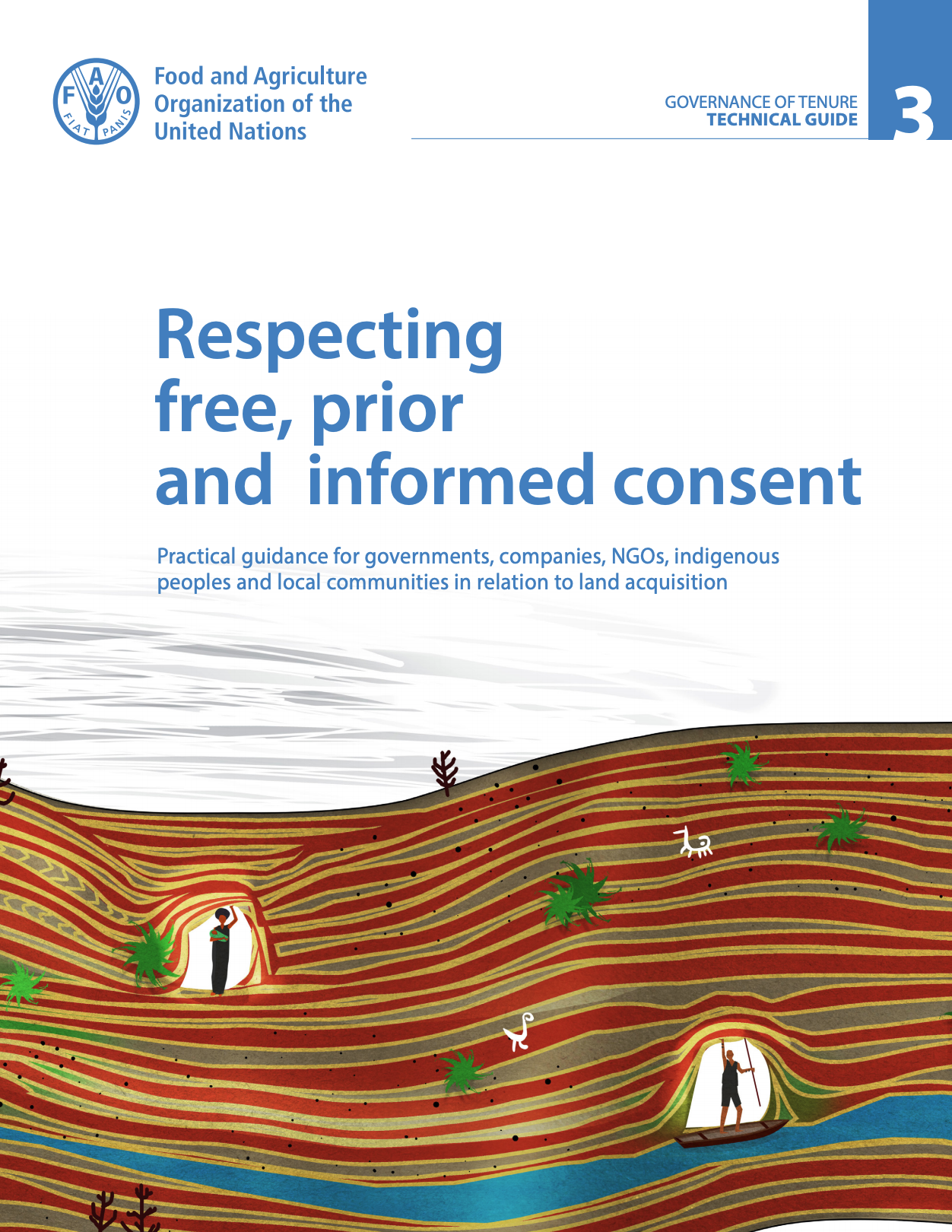Special issue: forest administration for development
With the purpose of bringing new ideas to bear on the subject of institutional support to forest policy implementation, a Consultation sponsored by FAO and the Swedish International Development Authority (SIDA) was held at FAO Headquarters in Rome from 2 to 11 February 1983. Twenty-nine participants attended In their individual capacities, drawn from 24 countries of Africa, Asia, Europe, Latin America and North America and from a very wide spectrum of disciplines. This issue of Unasylva presents a selection of the papers discussed at the Consultation.

